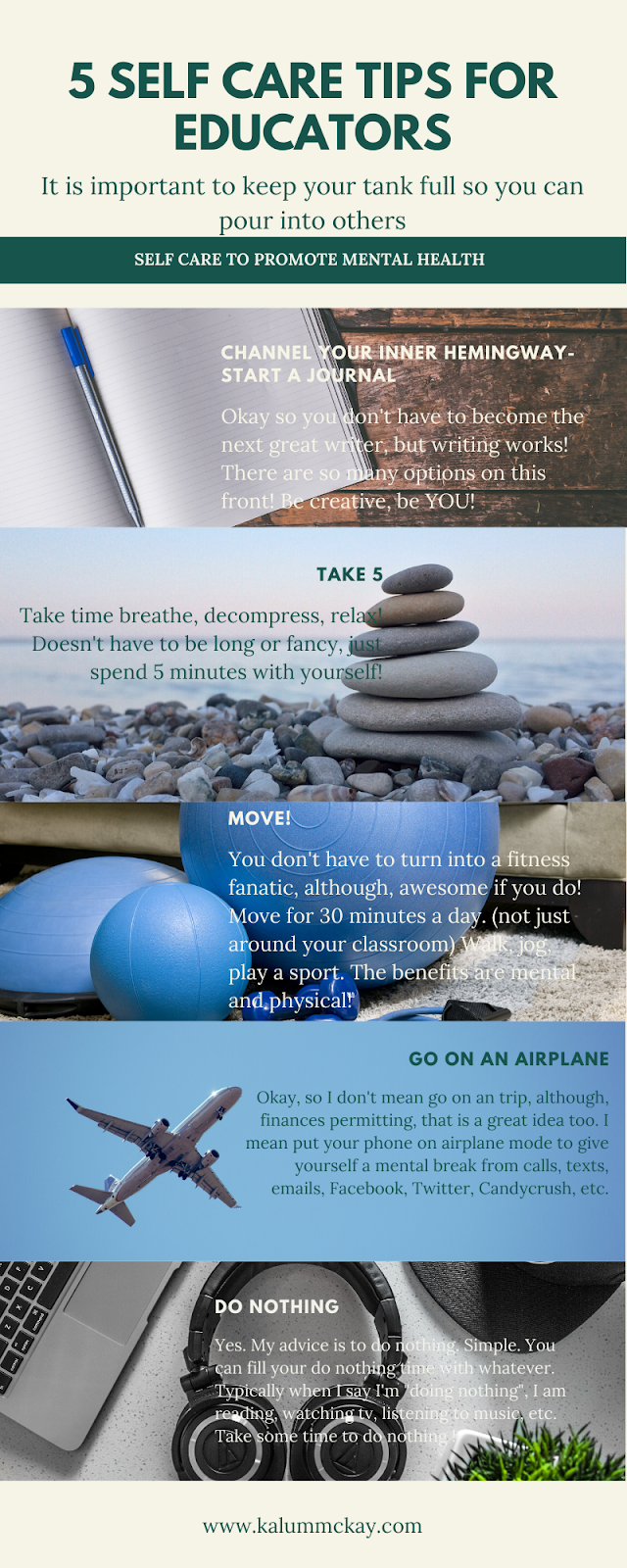Mental Health and Self-Care
As a reminder, May is Mental Health Awareness Month. Mental health is as important as physical health, unfortunately, mental illness isn’t seen in the same light as physical illness. The majority of people have no issue going to the doctor for a physical ailment, however, this isn’t the case with mental illness. In fact, most studies show that around 50% of all mental illness cases go untreated. As a whole, if we have a fever, we go to the doctor, if we break a bone, we get an x-ray, and if we have chest pains, we get to the hospital ASAP! The same can’t be said if we are depressed, anxious, or struggling with addiction.
Mental Illness Facts
- Mental illness is relatively common, 1 in 5 people (20%) experience a mental illness (WHO, 2019)
- About 50% of all chronic mental illness begins by age 14 (NAMI, 2020)
- Approximately 800,000 people die by suicide every year. Suicide is the 2nd leading cause of death for individuals aged 15-29 (WHO, 2019)
- Nearly 60% of adults and 50% of youth with a mental illness did receive mental health services in the previous year (NAMI, 2020)
Self-Care: What it is, what it isn’t, and what are the benefits?
Simply put, self-care is something you do for yourself to protect or improve your well-being, happiness, and health. Using this as a starting point, self-care can mean many different things for many different people based on personal needs and personality. Self-care doesn’t look the same for any two people! Most people think of pampering themselves as self-care, but it doesn’t stop there. It includes everything you need to do to remain healthy, reduce stress, and feel as well as possible. At the end of the day, self-care should be an activity that serves your well-being!
Self-care isn’t selfish, caring for yourself allows you to be more effective in your care and support for others. It isn’t used to “avoid” situations or choices unless of course, those choices and situations are detrimental to your well-being and health. Self-care isn’t a cure for mental or physical illness, however, it can help people with conditions of mental or chronic illness.
Taking time to maintain self-care can benefit you in many ways!
- It can improve your physical health
- It can improve your mental health
- It can improve your ability to care for others
- Productivity can increase
Self Care Tips
Self-care doesn’t have to be expensive or super time-consuming! You don’t really have to sign up for something, buy anything, or drastically change your schedule! Just monitor and observe how your routine affects your mood and functional ability. Building a list of self-care methods can be very beneficial in determining what activities really do increase function, improve your mood, and reduce your stress. Having a list can take away some of the “work” of self-care!
It is important for your self-care list to reflect you! It should be uniquely you! Below are a few ideas for you to add to your self-care activity list!

Comments
Post a Comment